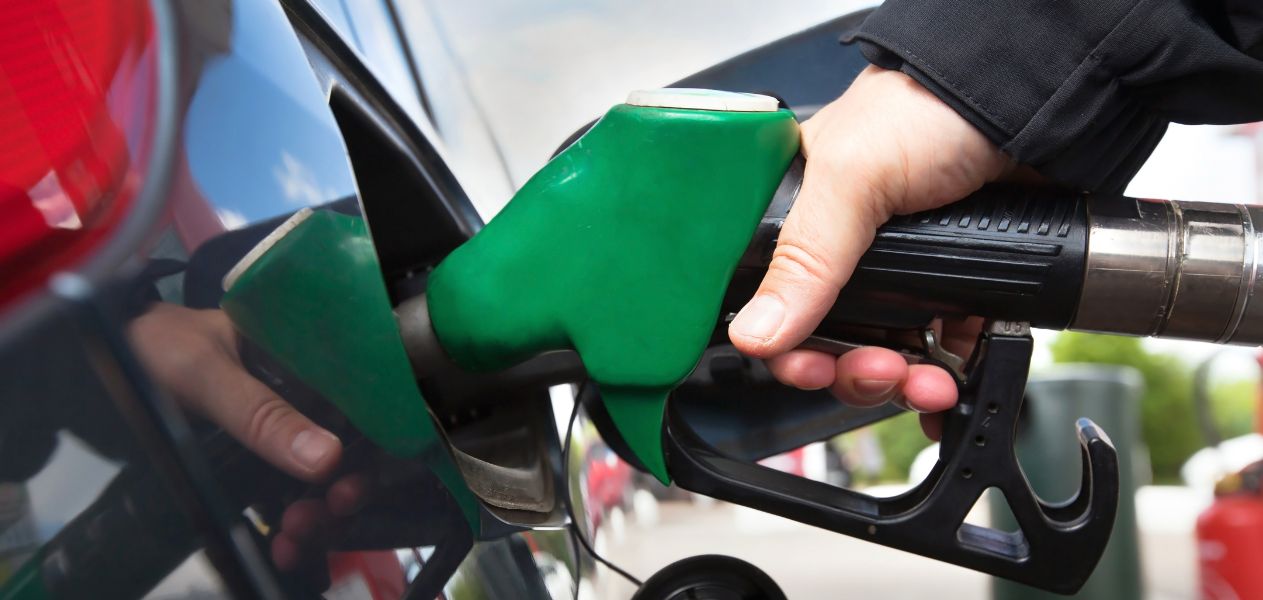Formula One set to introduce synthetic sustainable fuel by 2026
Formula One has announced that it’s working with Aramco and other major fuel manufacturers to develop a 100% sustainable fuel which will be introduced with a new engine formula in 2026, the same year when the next-generation hybrid engines will also be introduced.
The drop in fuel, which can also be used in road cars in the normal internal combustion engines, will be first tested in Formula 2 and Formula 3. The fuel will be specifically designed with a ‘drop-in’ feature so that it can help speed up adoption and also reduce the cost for usage in road cars.
In 2019, Formula One had committed towards being net-zero Carbon by 2030, in line with its Sustainability Strategy.
Formula One has stated a host of points which it has undertaken to reduce its carbon footprint, which include:
- introducing remote broadcast operations, which has enabled freight reduction;
- redesigning the freight containers that enable more efficient aircraft to be used,
- transitioning to 100% renewable energy in Formula One offices;
- delivering the first carbon-neutral broadcast production at Silverstone in 2021 with aim to earn the same accreditation again in 2022, while applying the lessons learned to further races;
- achieving the highest Sustainability Management accreditation awarded by the FIA (3* accredited); and
- issuing guidance to all Race Promoters and assist them in best practice when running a sustainable event looking at key areas such as energy, plastic and waste, wellbeing and nature and local fan travel.
Formula One has also laid down plans to make the sport more sustainable. These plans include:
- taking action to regionalise the Formula One calendar, which will help improve freight and travel logistics. This will be an ongoing process in the years to come to ensure efficient travel throughout the season;
- exploring carbon reduction measures for fans travelling to Formula One events;
- working with F2 and F3 to trial sustainable fuels with their ability to test solutions at pace;
- sharing the carbon reduction activities from across the sporting community to ensure that everyone understands how the wider sport is coming together to set and achieve their net zero goals;
- continuing to switch to more efficient logistics and travel arrangements from air, sea, and land; and
- continuing to review the processes as the standards for carbon reductions evolve at pace to ensure that Formula One is at the forefront of this key area.
It is also to be noted that synthetic fuels are completely net-zero if the energy used to make them is carbon free.


